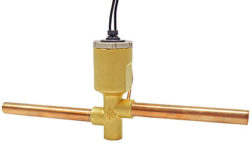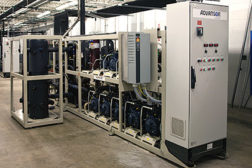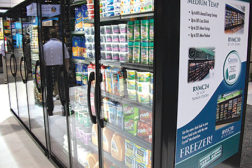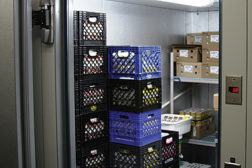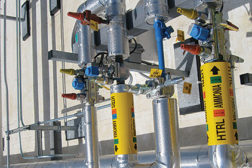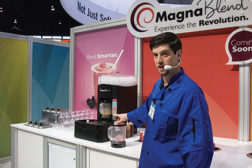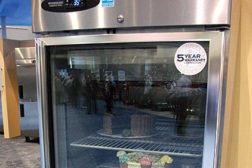Freezers and Coolers
CO2 Refrigerant Use Sweeping into the US
More Supermarkets Utilizing Natural Refrigerant Systems
Read More
DOE Denies Petition; AHRI Sues Over Rule
With Lawsuit, AHRI Hopes to Mend DOE’s ‘Broken Rulemaking Process’
Read More
Oct. 2, 2014: DOE to Hold Public Meeting on Test Procedures for WICF Refrigeration Systems
Oct. 22. Meeting is Open to the Public and Available to Attend Via Webinar
October 2, 2014
Sept. 26, 2014: DOE Denies AHRI’s Petition for Reconsideration of Walk-in Coolers and Freezers Rule
AHRI Petition Is Said to be Procedurally Improper
September 26, 2014
AHRI, Lennox Petition Court to Review DOE Walk-in Standard
Industry Leaders Challenge Efficiency Standards for Walk-in Coolers, Freezers
Read More
Blended Beverage Equipment Does It All
Ice Making Just One Piece of this Technology’s Puzzle
Read More
NRA Highlights Refrigerant Technologies
Latest Refrigeration Equipment Trends Shine with New Technologies
Read More
Copyright ©2024. All Rights Reserved BNP Media.
Design, CMS, Hosting & Web Development :: ePublishing
